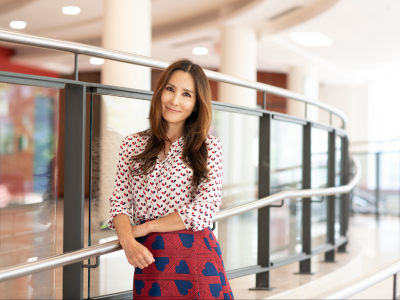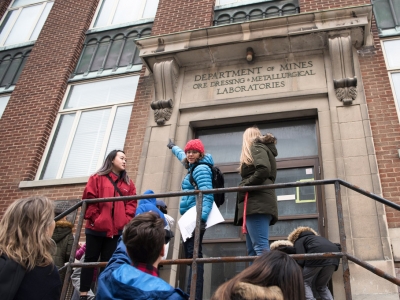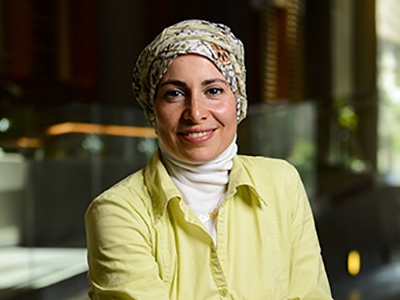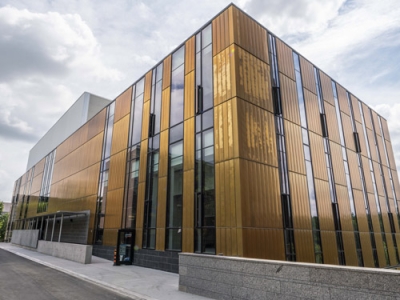By Tyrone Burke
Photos by Chris Roussakis and Tyrone Burke
On March 11, Carleton University undergraduate students in Political Science participated in a simulation of the third meeting of the EU-Canada Joint Ministerial Committee. They discussed progress of the Strategic Partnership Agreement signed in October 2016. The experiential learning exercise organized by Prof. Mukhtar Hajizada enabled students to apply their skills in a quasi-diplomatic environment. They took on the roles of meeting participants, including representatives from federal and provincial governments, the European Commission and the diplomatic community. By conveying the positions of consumers, industry representatives and other key stakeholders, students were able to deeply understand the positions of the various actors.
The modern vision of a unified Europe rose from the ashes of a charred continent, as Europeans struggled to make sense of the cataclysmic Second World War. If countries shared economic and political interests, they would also share an interest resolving disagreements peacefully. Conquest would undermine the conqueror’s interests, not further them. Thus was born the dream of integration that became the European Union (EU).
Yet co-operation necessitates compromise, and when the economies of individual countries have faltered, the EU has been made a convenient scapegoat. Even in a rising tide of nationalism, it has continued to champion economic integration, international trade and multilateralism. All are values it shares with Canada.
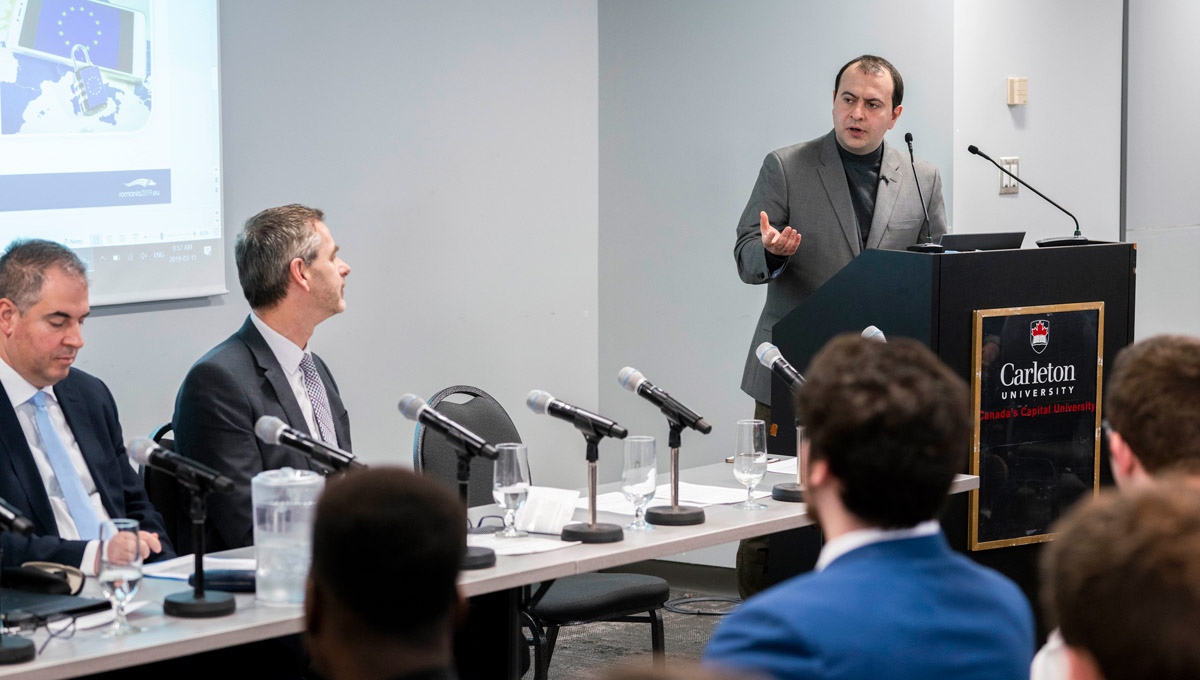
Prof. Mukhtar Hajizada
This shared worldview provided the basis for agreements like the Canada-European Union Comprehensive Economic and Trade Agreement (CETA), and when that free trade agreement was signed, another lesser-known agreement was signed along with it.
The Strategic Partnership Agreement (SPA) agrees to broaden and deepen co-operation between the two entities, and undergraduate students in Carleton’s Department of Political Science simulated the forthcoming negotiating session of the third meeting of the EU-Canada Joint Ministerial Committee, which meets annually under the terms of SPA to review co-operation and identify ways of advancing collaboration.
“Canada and the EU are strong allies,” said Belgiian Ambassador Johann Verkamen, who spoke at the event’s opening panel with Romanian Ambassador Bogdan Mănoiu and Ambassador of the Czech Republic, Pavel Hrnčíř.
“SPA and CETA are illustrations and concrete results of that alliance, and of the convergence of views on the multilateral system — how we view the world. Meetings like the Joint Ministerial Committee meeting are opportunities to showcase this common commitment to those values.”
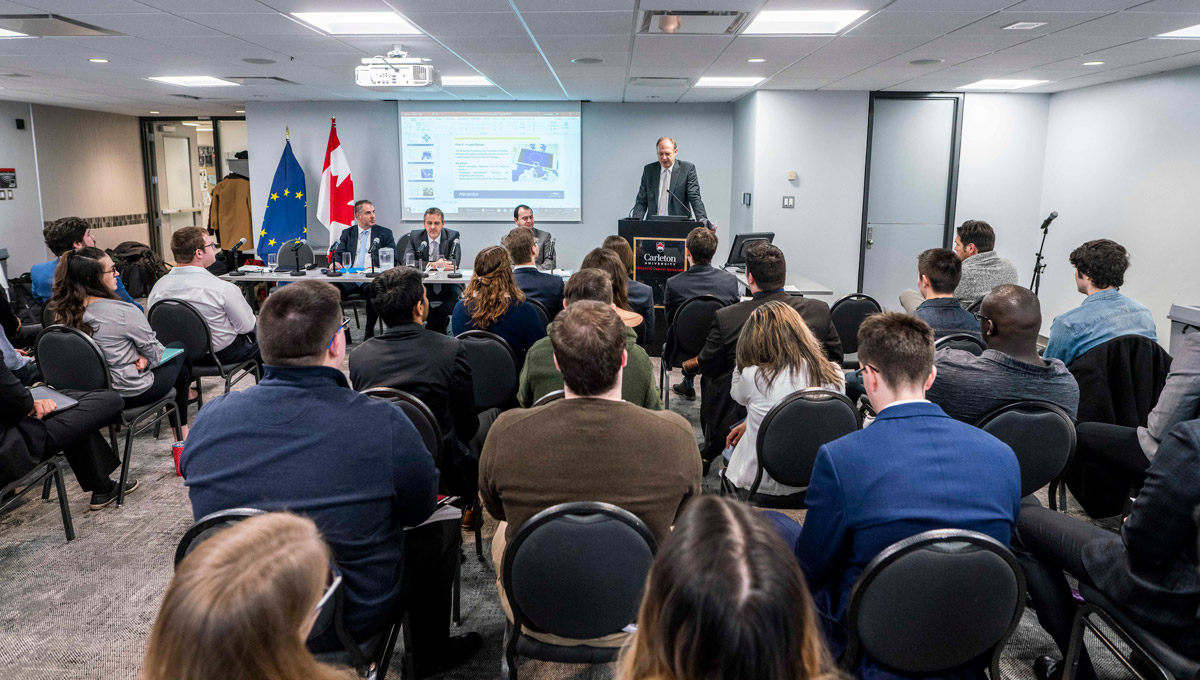
Finding Common Ground
Students in the course titled “The Government and Politics of European Integration” split into two delegations. One simulated the positions of Canadian ministers and the other the positions of the EU. The two sides negotiated a declaration on key issues. Disagreements on contentious issues like dairy supply management and fishing quotas were inevitable, but the delegations found common ground and crafted a joint statement.
“For Canada, the issue is with dairy, chicken and eggs. Canada is quite protectionist over those industries, and hesitant to let European products into our market.” said Emilie Lanthier, a fourth-year student who was part of the Canadian delegation.
“But we were able to move forward quite swiftly and successfully, and for issues we did encounter, we came to some kind of co-operative solution.”
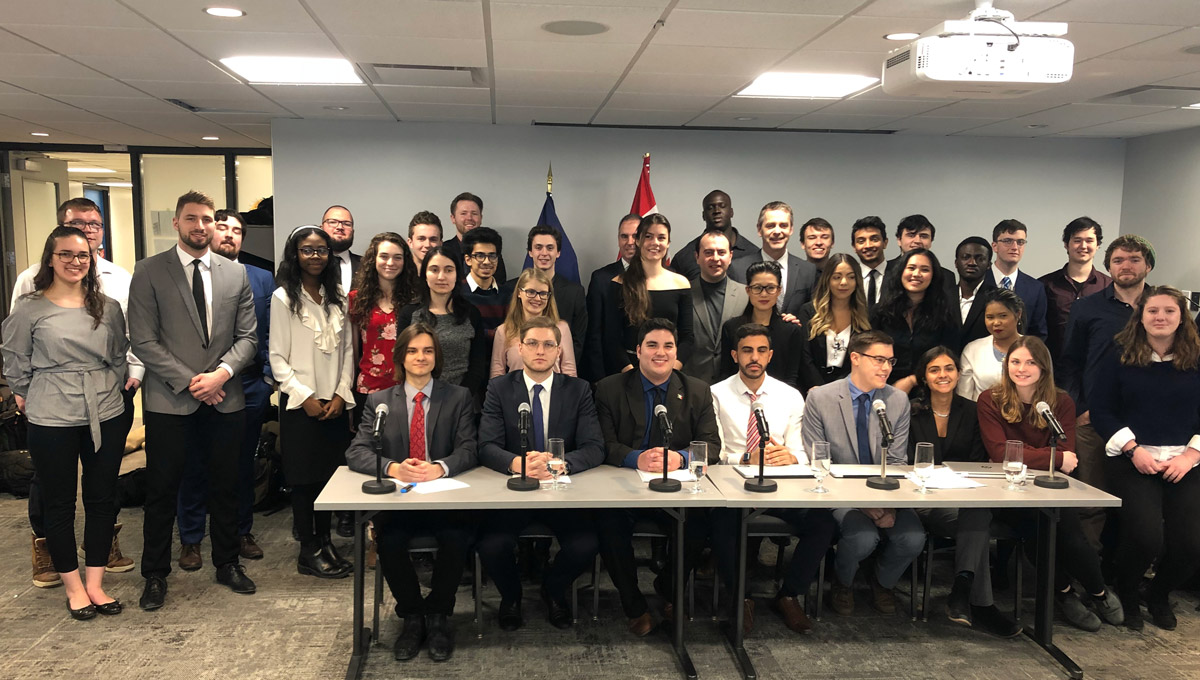
Negotiation An Experiential Learning Opportunity
Course lecturer Mukhtar Hajizada, an adjunct research professor at the Institute of European, Russian and Eurasian Studies (EURUS) says experiential learning plays a critical role in education at Carleton.
“My students learn by doing. So that means they sometimes take on the personas of people who make decisions on behalf of their communities, their countries, or even groups of countries. The students get thrown into scenarios where they can practice all the theories and knowledge they have gathered in class. By doing this, they see the relevance of what they have been learning and how it relates to real life. The world of decision-making at the intergovernmental and international levels comes to life for them.
“The skills my students acquire set them on a path to fulfilling careers and help them transition from university life. And that is really what I hope to achieve.”
Oleksandr Shvetes, a third-year student who participated on the EU side, had more than just a theoretical relationship to the subject matter.
“I’m an international student, and I plan to participate in political life when I return to Ukraine, which is integrating into the EU right now. For me, it was especially interesting to present the EU point of view. It really fits with my future career – I’m planning to help Ukraine integrate into the EU.”
But even for students without such a tangible link to European integration, the simulation offered an opportunity to test out what they’ve learned in class.
“It’s difficult to think of a better way to learn about what is really happening on the ground in the EU than a simulation,” said André Plourde, dean of the Faculty of Public Affairs.
“It’s an example of experiential learning at its best — and the students even have ambassadors and high- ranking officials from the delegation of the EU and member countries to tell them if they’re on the right track.
“When we talk to alumni, we find this is the kind of experience that helps students most in the workplace. It’s a chance to apply what you know, and also to learn what you still need to learn to succeed in Canada’s national capital.”
Wednesday, March 13, 2019 in Faculty of Public and Global Affairs, Political Science
Share: Twitter, Facebook
